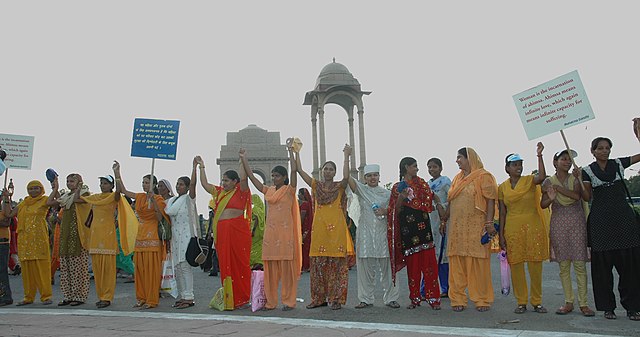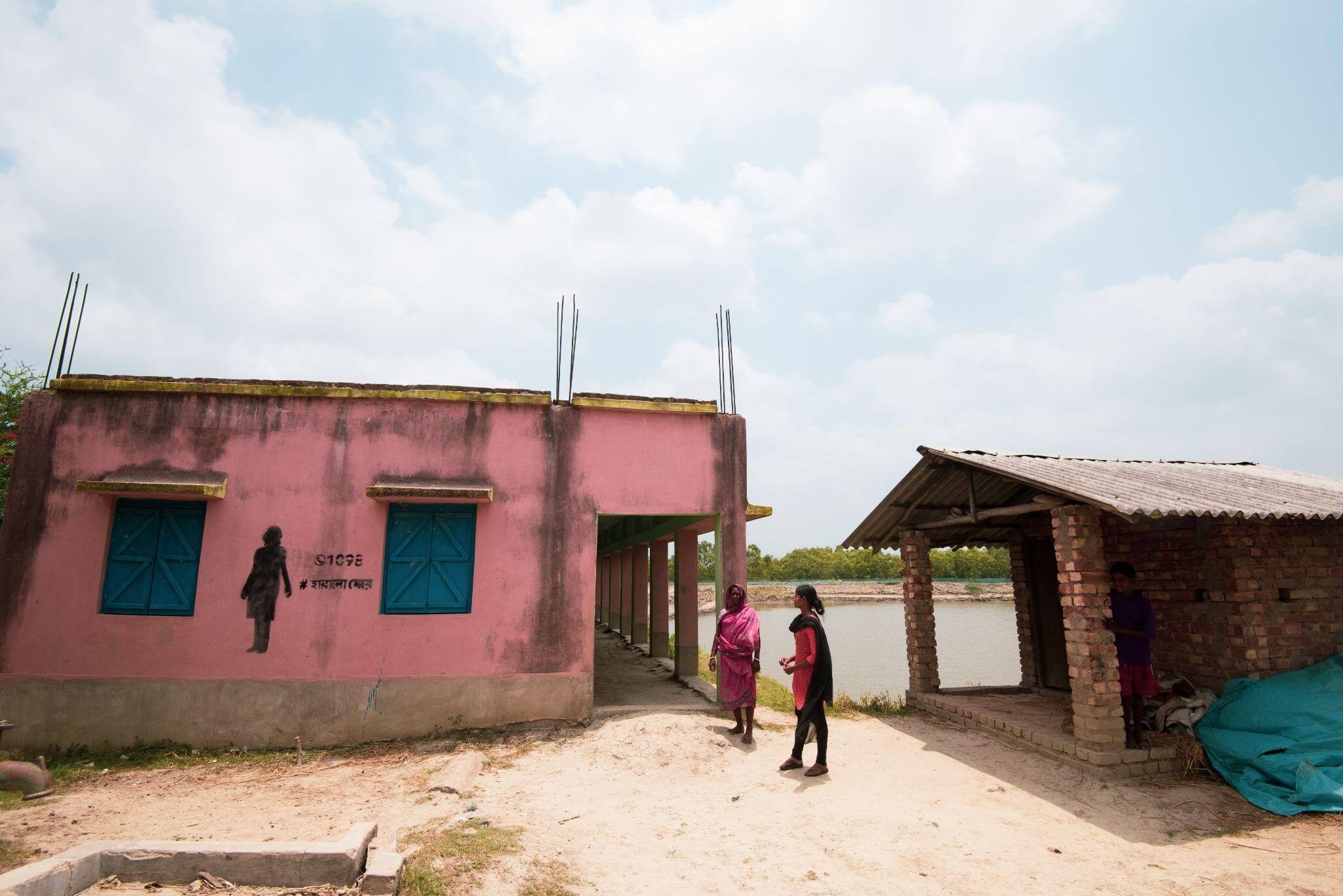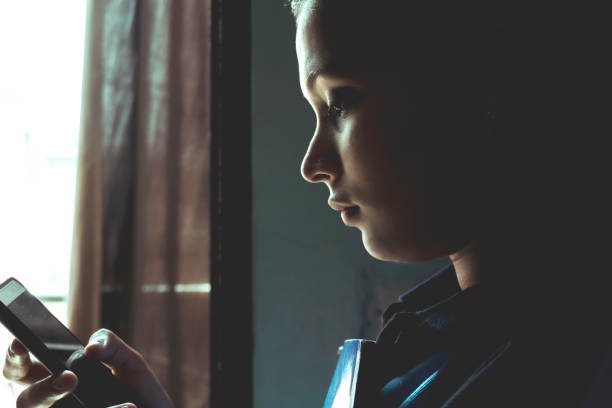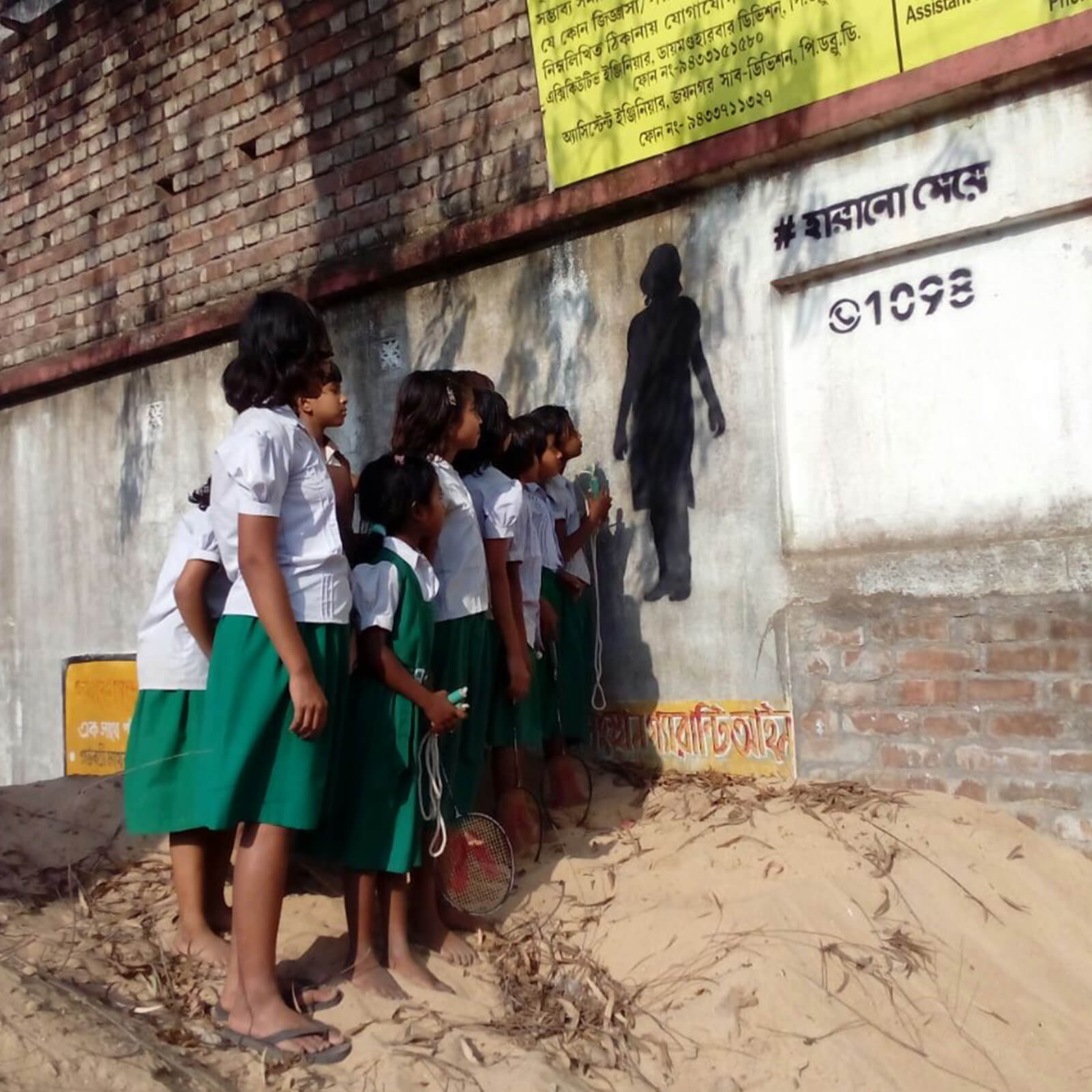The ‘Me’ Approach to Eliminate Violence Against Women
- Published: November 29, 2020
- Category: Awareness and Prevention

Gender-based violence towards women and girls continues to be one of the most pervasive human rights violations in the world. Millions of women and girls are trafficked in modern-day slavery. Up to 70 percent of women in some countries face physical and/or sexual violence in their lifetime. One in three girls in developing countries are victims of child marriages. Some 140 million girls and women have suffered female genital mutilation*.
The Major Contributors and Impacts
Violence towards women and girls is fuelled by unfavorable social norms, narrow traditional narratives, gender inequality, gender-based discrimination, and stereotypical and/or harmful portrayals of gendered roles. It is one of the least prosecuted crimes. It disrupts the health, safety, productivity and overall well-being of women and girls on a long-term basis– impeding the realization of their rights and contribution to society at large. It also adversely affects communities, nations and societies endangering public well-being, peace and security, health and safety, education and law enforcement.
Women and children affected by violence can suffer lifetime effects and pass on the repercussions from generation to generation. Children who have been subjected to violence are more likely to become victims or abusers themselves, according to studies.
Prevention and Response
Women and children have the right to live in a society free of violence, where their human rights are protected. There are laws prohibiting violence against women in 160 nations now. However, enforcement is inadequate. To effectively respond to this violence, communities and societies must collaborate. community mobilization to prevent violence against women and girls is very important. As citizens, we all should work together on the ground to root out gender-based violence. Individual and collective efforts can make a huge difference in the following ways:
- The best approach to eliminate it is to prevent it from happening in the first place by addressing the root causes of gender inequality and discrimination- “gender gap” .
- Encourage educating and empowering the girl child and women to make them self-confident, stronger and economically independent.
- Spread awareness to drive away practices that reinforce violence against women and girls through social media.
- Through institutional and legislative reform, education, awareness-raising, and full participation of men and boys, we must establish a culture of equality between men and women.
- Develop a holistic framework to prevent violence against women and girls; including by working systematically and consistently with male leaders and men and boys at all levels and by further strengthening women’s economic and political participation.
- The primary perpetrators of gender-based violence are men. Hence, young boys should be taught how to respect and support women at a young age. They should be taught gender equality.
- Clear guidelines and safety matrix should be easily accessible for a victim to report and seek legal and health care services, including counseling.
- Support survivors by helping them with employment or a means of livelihood.
- School administrators and teachers play a pivotal role in the prevention of gender-based violence too. School-based prevention modules or programmes which engage male and female students, teachers, parents and the wider community to teach younger generations about gender equality and respectful relationships should be mandatorily introduced.
It’s Possible
Gender-based violence can be stopped and prevented with the right interventions at the right time. We can make a systematic change by being aware and using available safety tools and matrix provided by our family and civic society. A systematic education to be able to identify abusive behaviour and victims to take actionable measures should be advocated. It is critical that we collectively invest in these measures for a societal transformation to allow women and girls to live a safe and respectful life, without any bias.
(*Source: UNWomen)

Trafficking And Its Economic Costs – To The Society, The State And The Individual

Addressing The Mental Health Concerns Of Adolescents Within The Anti-trafficking Space
